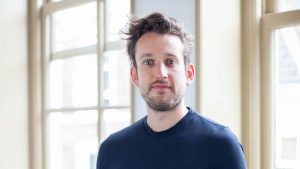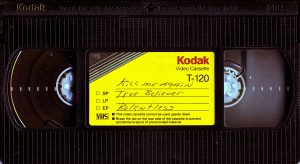The rise in awareness and attention towards mental wellbeing over the last years and decades has been very effective in breaking taboos and enabling many to access more help and resources to improve their mental health. Yet, there are more and more signals that this rise in attention also comes with a flip side.
An increasing number of experts are concerned that the threshold for people to be (self-)diagnosed with mental conditions is decreasing. Fueled in part by amateur therapy talk on social media and the vast amount of content surrounding mental health and conditions. Mental conditions were never meant to be diagnosed through a relatable ‘8 signs you have OCD/anxiety/trauma’-kind of format. Certainly not by a content creator without any relevant qualifications.
Official mental conditions that often stem from the DSM (Diagnostic and Statistical Manual of Mental Disorders) are subject to a quickly widening definition in popular culture, something Australian psychologist Nick Haslam calls ‘content creep’ in a research about the topic: “Many of psychology’s concepts have undergone semantic shifts in recent years. These conceptual changes follow a consistent trend. Concepts that refer to the negative aspects of human experience and behaviour have expanded their meanings so that they now encompass a much broader range of phenomena than before.” Among the words he mentioned were most subjected to content creep were ‘abuse’, ‘bullying’, ‘trauma’, and ‘addiction’.
The upside of this content creep is that (young) people can find a space filled with acceptance, tips and resources, and can sooner get the help they might need. The downside, however, is that they are more likely to self-diagnose and ruminate about mental health content, leading to a self-fulfilling prophecy: more focus on mental wellbeing leads to an increase in mental issues and overflowing waiting lists to see mental professionals.

An intervention study that (accidentally) shows this self-fulfilling prophecy was conducted by Australian researchers. Over 1,000 young teenagers were divided into one of two classes: either a typical middle-school health class or one that taught a science-backed version of a mental-health treatment called dialectical behaviour therapy, or DBT. The teens in the DBT group were taught to reframe negative events in a more positive way, but also more alternative techniques such as mindfulness.
The results were surprising. The group that had received mental wellbeing courses actually felt worse afterwards, compared to the control group. And while some kids benefited from the treatment, many actually felt worse, especially kids that reported being happy beforehand. One of the main speculations of this effect was that if you take kids that feel fine and teach them techniques to monitor and recognise negative feelings, it might actually call attention to distress that they did not notice or experience before.
Although the intentions might be good, too much attention to people’s mental wellbeing results in mainly two things. First of all, serious mental conditions get watered down and easily (self-)applied or diagnosed by people without professional qualifications. And secondly, exposing happy kids to big amounts of mental wellbeing knowledge and urging them to examine why and if they’re happy, can backfire by creating mental health issues from things that were initially harmless. Meaning that we might actually risk getting to the point where our focus on mental wellbeing is paradoxically doing harm (alongside doing good).

Autor
Douwe Knijff











